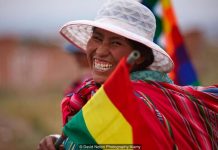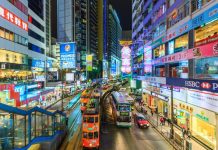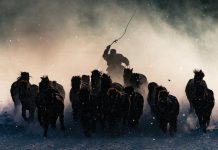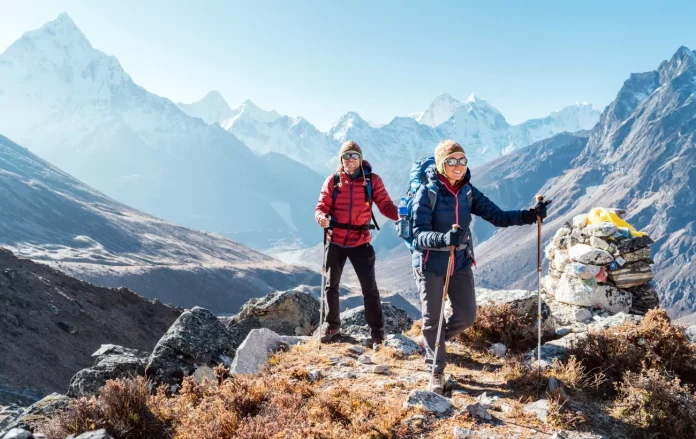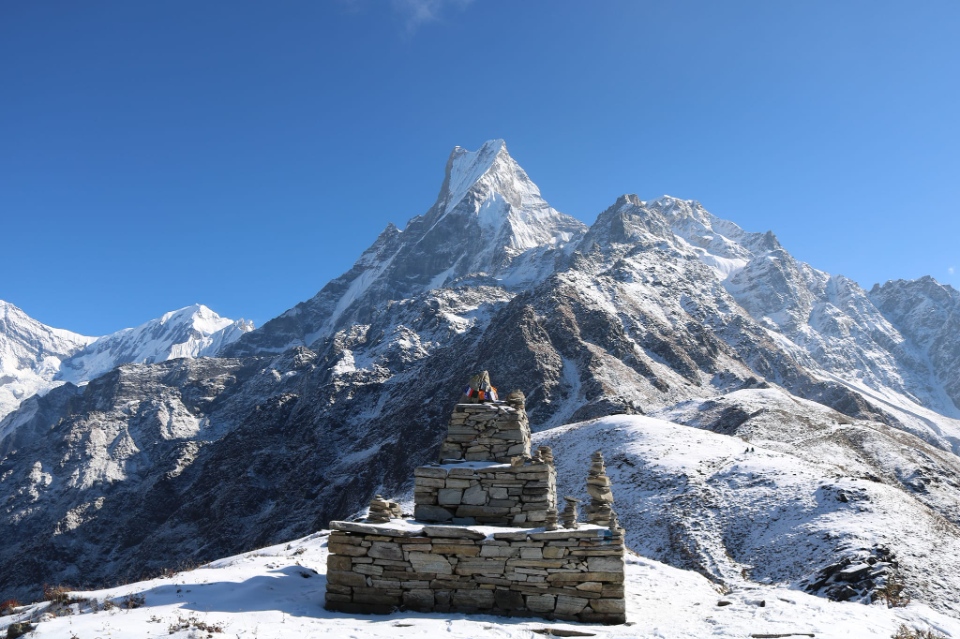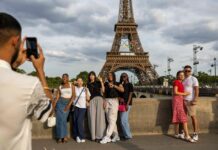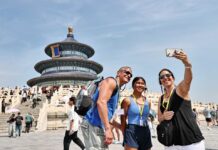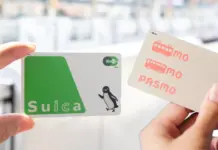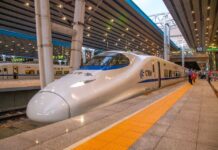Trekking Nepal has always been the dream of many trekkers. Everyone wishes to once in their lifetime take a walk with the legendary Himalayas in the background. However, when going trekking in Nepal for the first time, many are confused and have no idea what to prepare. Even I had to search everywhere for tips. So, in this article, I will summarize my notes and experiences when trekking in Nepal in the easiest way to understand.
- All about tips in Nepal — How much to tip in Nepal for a porter, trekking guide, tour guide & others
- Himalayan treks for beginners — 8 essential tips you should keep in mind when trekking in the Himalayas
- 11 Japanese Public transport Etiquette & Things to Note for Independent Travelers
- “Pocket Guide” to 6 Types of Kansai travel pass for a Convenient Trip
- Guide for Buying and Using the Kobe Travel Smart Passport
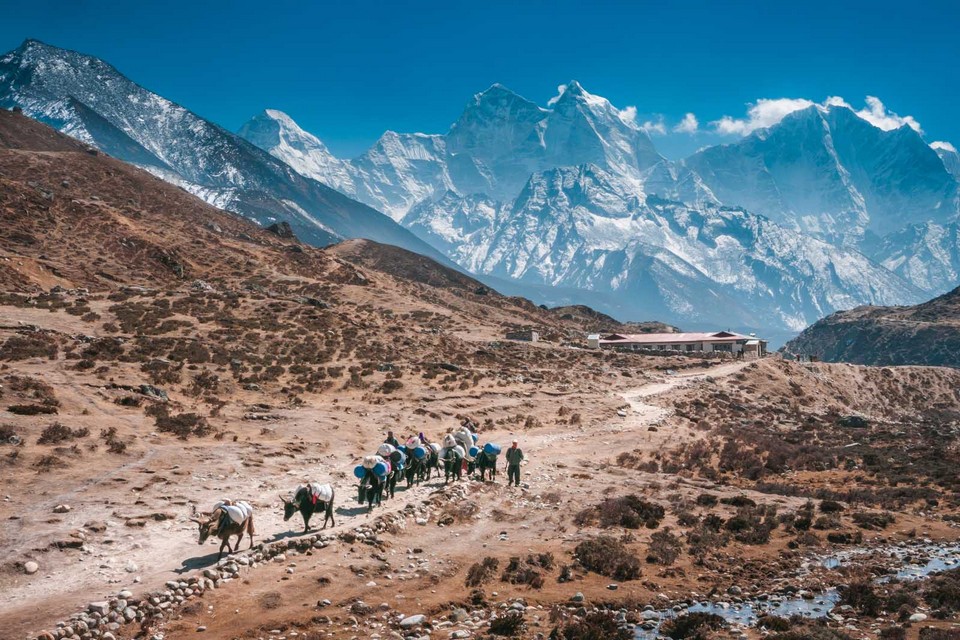
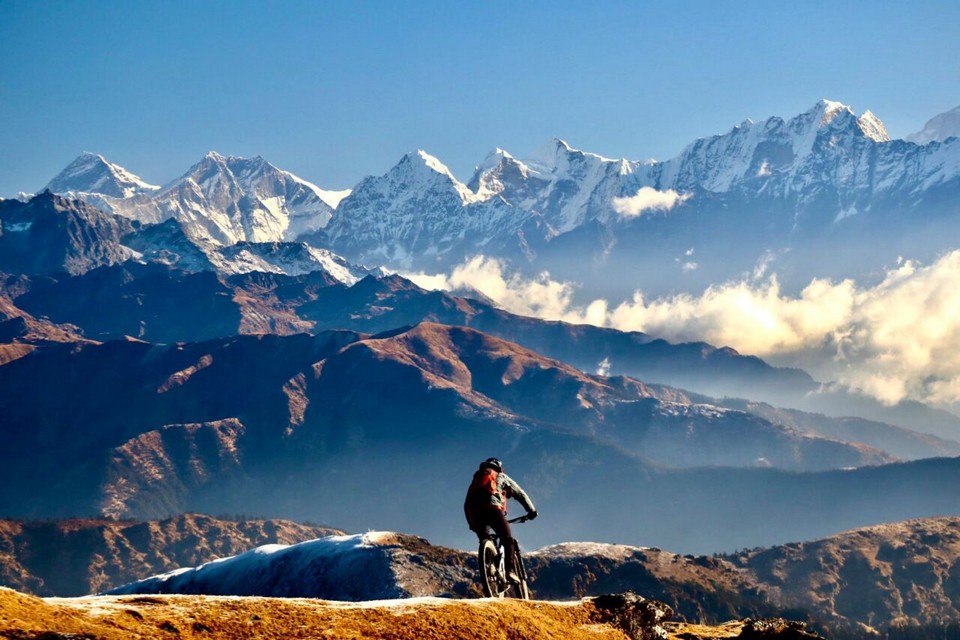
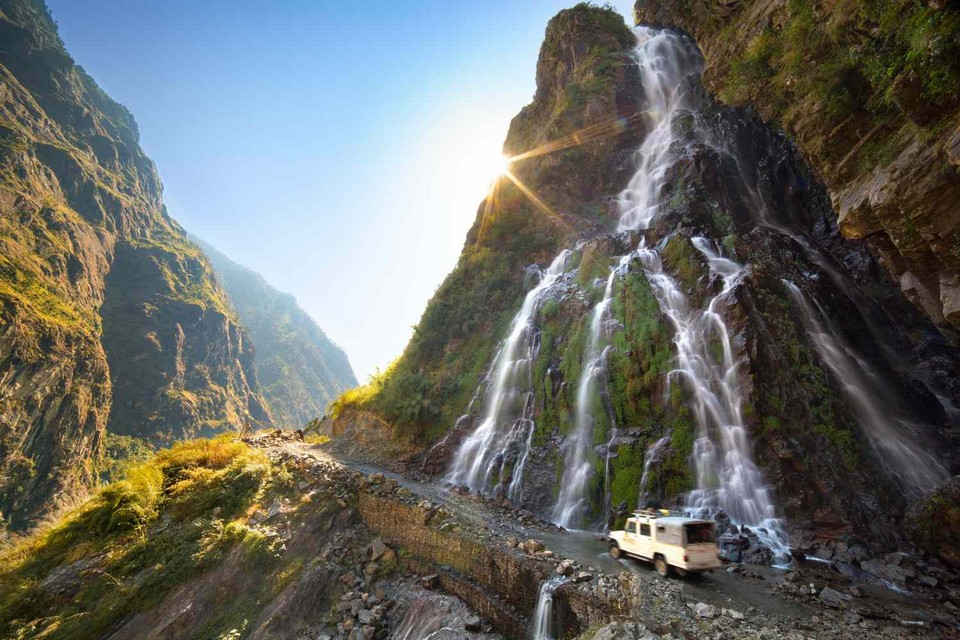
So, how to prepare for trekking in Nepal? Let’s check out our Nepal trek blog (Nepal trekking blog) with the 10+ Nepal trekking tips, Nepal hiking tips and Nepal trekking guide tips for first-timers (Nepal trekking for beginners as follows!
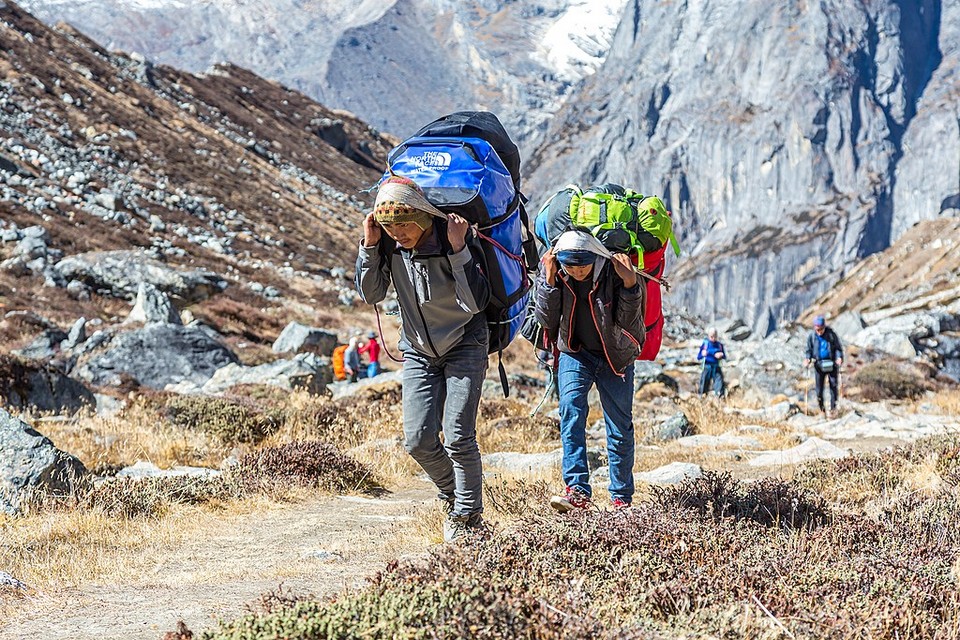
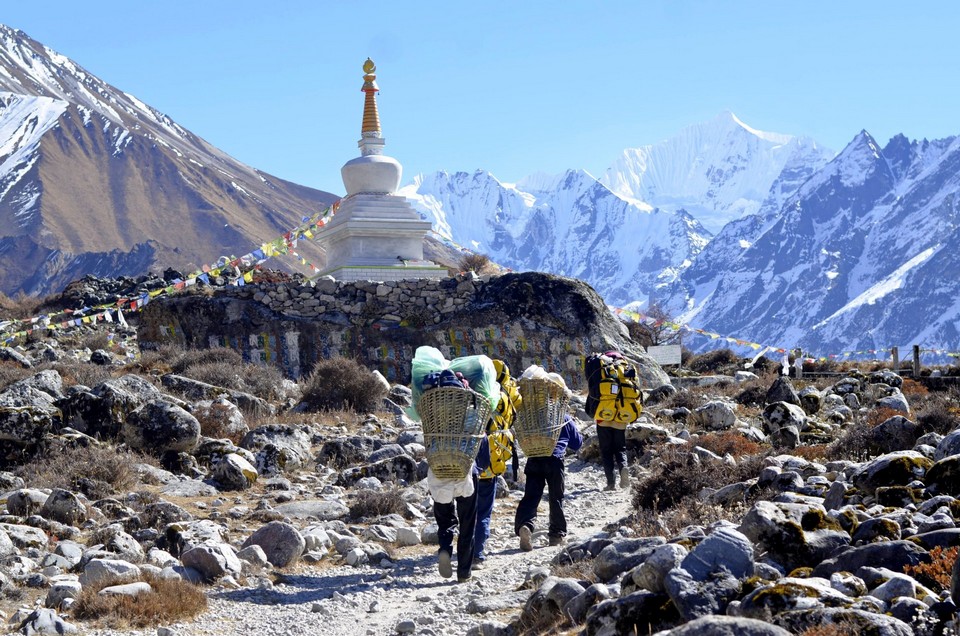
What to note when trekking in Nepal? (#how to prepare for trekking in nepal)
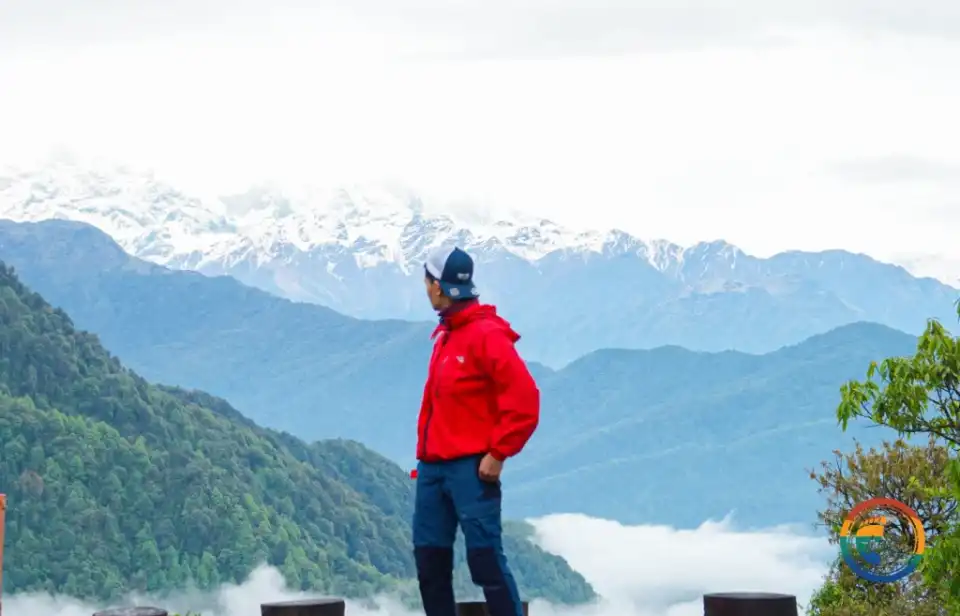
This section’s purpose is for anyone trekking in Nepal for the first time to imagine what needs to be prepared. It is just my personal experience, you should also find other sources to learn from before departing for Nepal. This way your trekking trip will be of better quality.
Choose a Nepal trekking tour (#nepal trekking tips)
Nepal has hundreds of different treks, from short 3-day treks to 30-day treks. There are also journeys up to about 2,000 meters to those up to 6,000 meters. So how to choose a suitable trek?

To select an ideal trek, here are three criteria that I’ll give for your reference:
- Based on the number of days: if you only request leave from 7 to 10 days, you should choose treks of about 5 days or 7 days. Some examples include Annapurna Base Camp, Mardi Himal, and Langtang.
- Based on health: Usually, the first 2-3 days of trekking in Nepal will be rather light. But the longer you go and the higher you go, it will become increasingly tiring. Therefore, we must consider each person’s health, especially endurance, to choose the appropriate route. In addition, it also has to do with how each person adapts to high altitude in conditions of impaired oxygen, also known as altitude sickness. In case you have severe altitude sickness, you should not choose routes over 4,000 meters.
- Your preferences: If you like arid snow and ice areas, you can choose the routes located on the Everest basecamp side. On the other hand, if you enjoy nature, choose the routes located on the Annapurna basecamp side.
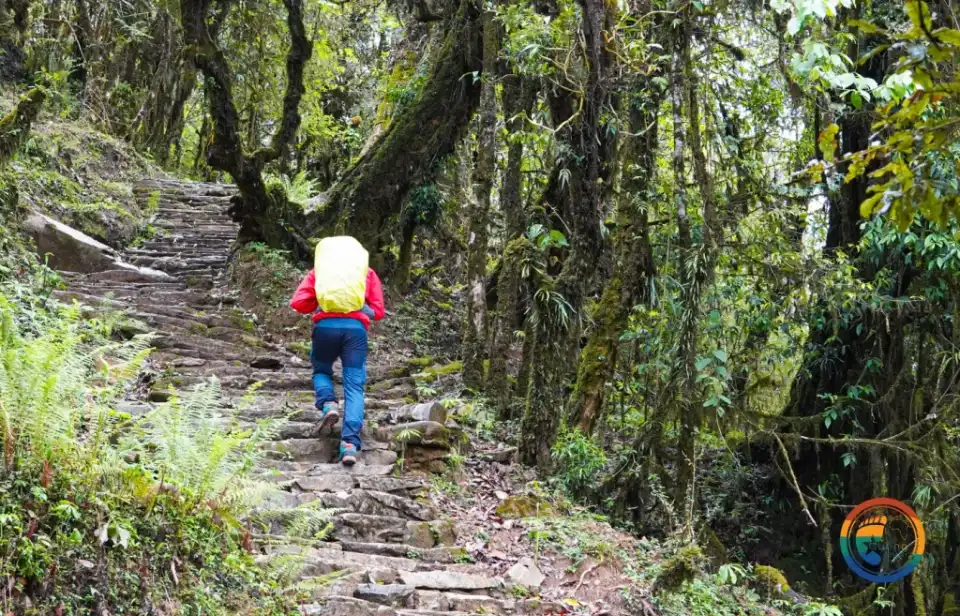
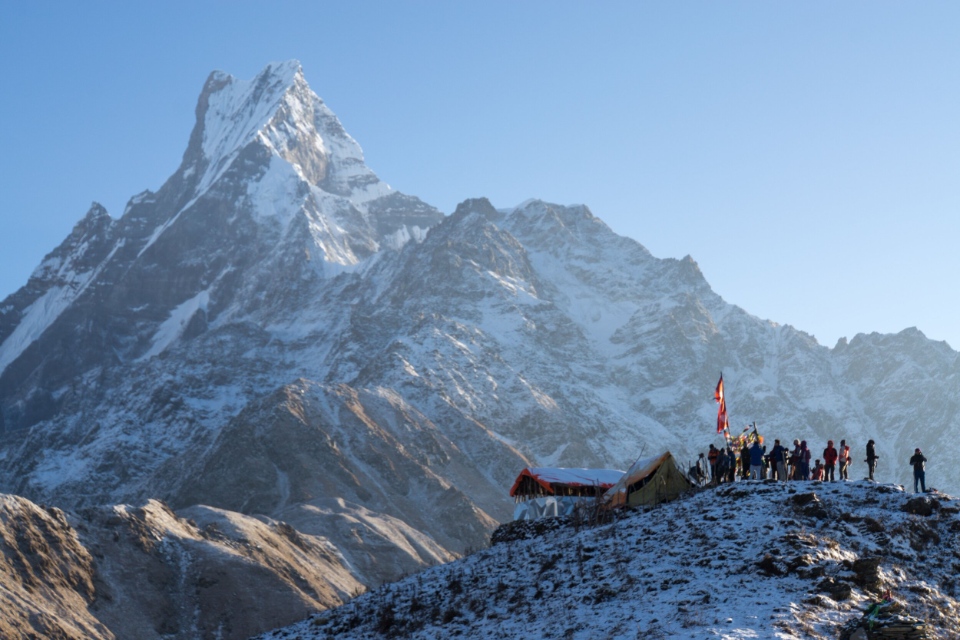
In conclusion, to choose a trekking route in Nepal, there will be many factors, but according to my experience, the above are the three main factors that will help you make good decisions on which trekking route to go.
Invite friends to go trekking in Nepal together (#nepal trek blog)
Usually, treks lasting about 5 days or more are breathtaking. It is best to have friends to go with you during these journeys. You’ll be able to share beautiful moments, and also share expenses on the trek.
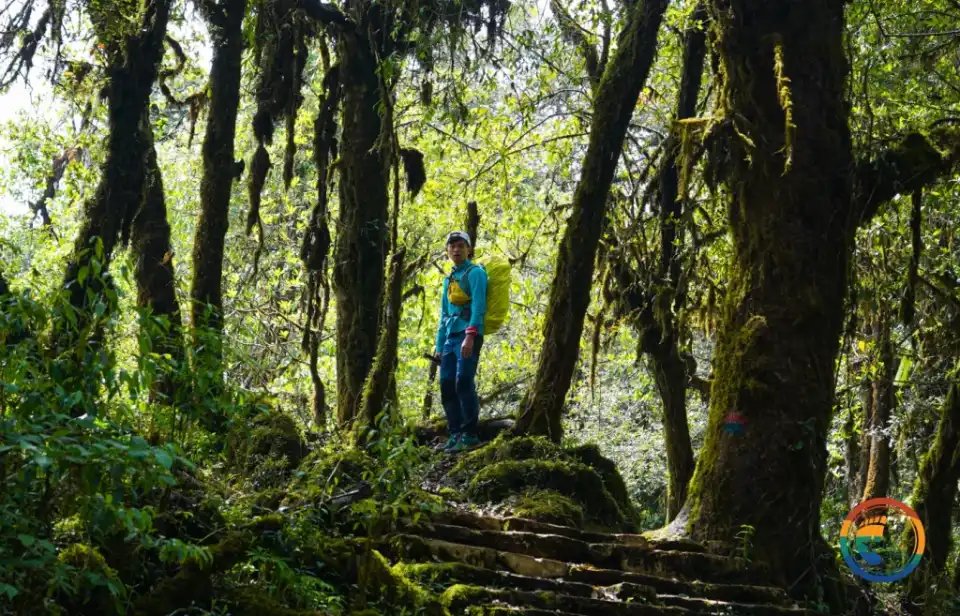
You can ask close friends to go with you or visit online groups and forums to gather people. A group of around five people is best to avoid being unorganized and also share the cost of hiring a tour guide. And, according to my experience, if you go in large groups, you can also hire a porter to bring food for the whole group. So, you can have plenty of food on the way and the trip will be a lot more fun.
Exercise before trekking in Nepal
If you have a history of cardiovascular or respiratory problems, you should see a doctor for advice and don’t take a risk. The best ways to exercise are jogging, climbing stairs, and swimming. For those who are more experienced, it is best to go trekking a few places prior to trekking in Nepal.

Note when trekking in Nepal: Trekking in Nepal does not require strength, but good endurance is the deciding factor. Trekkers in Vietnam say trekking in the mountainous areas of northern Vietnam is more tiring than trekking in Nepal.
I think It is only partly correct, because trekking in Vietnam is usually short in time, and few trekking routes have rest stops along the way. For example, from the starting point, everyone will go straight up to the destination, about 20 kilometers or so, so it will take a lot of physical strength. In addition, trekking terrains in Vietnam are also quite difficult and take much more effort.
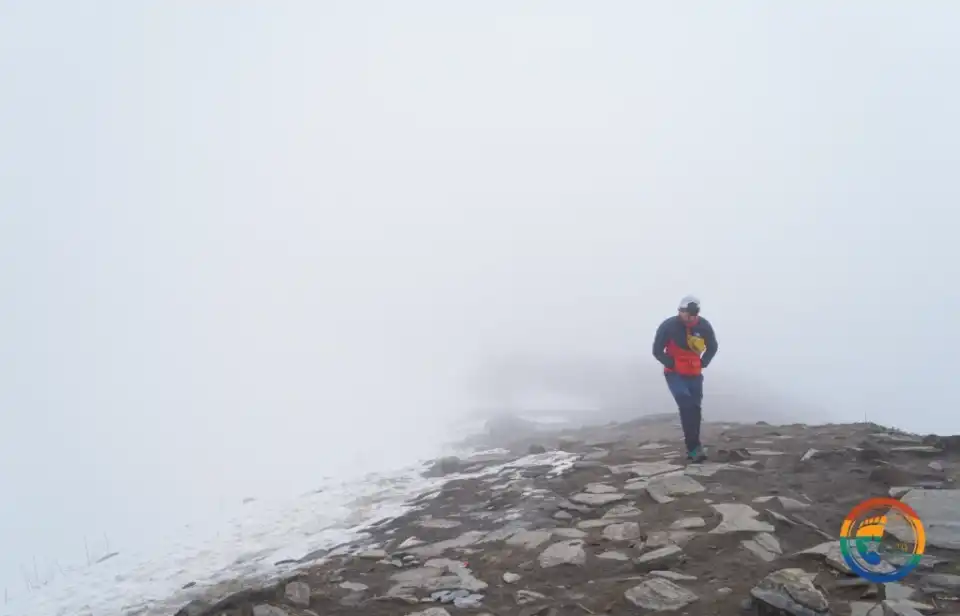
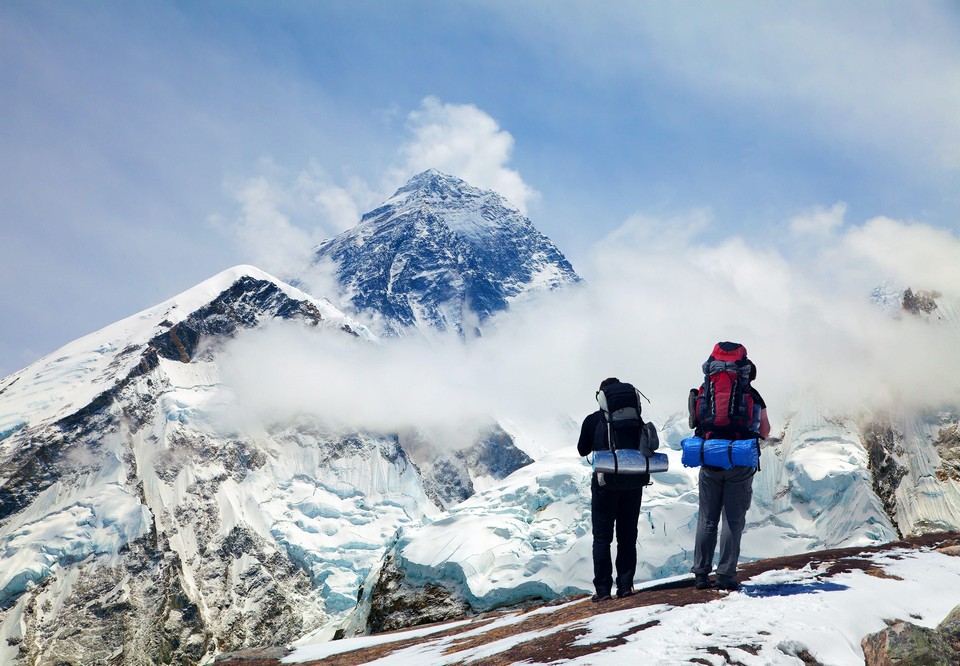
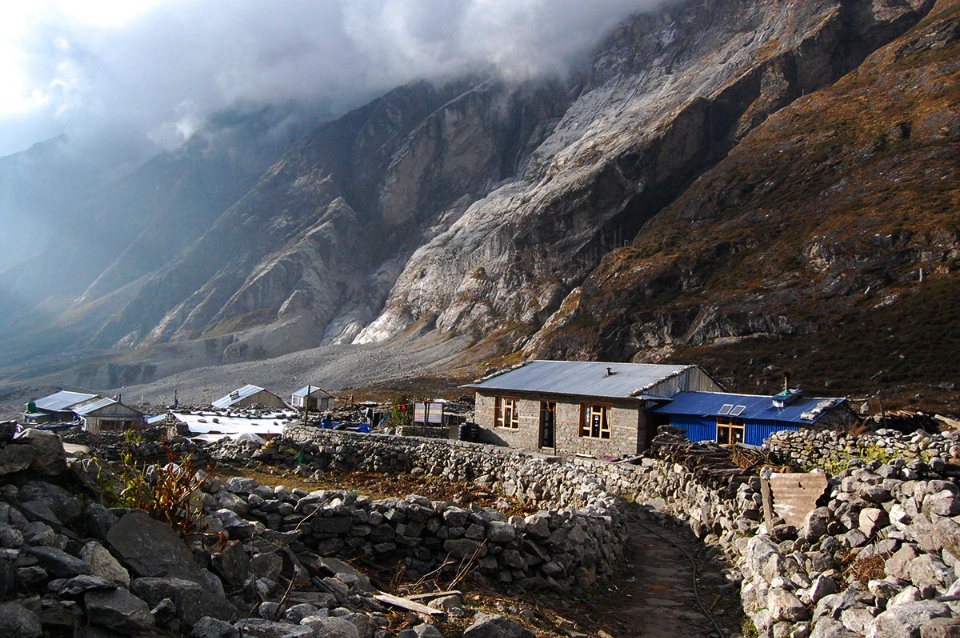
In Nepal, all services created on the trek route serve trekkers. After about 6-8 kilometers, there will be a teahouse to stop by. In case there is no teahouse, there will be other places to rest. The path is paved and has stairs so it is less slippery.
In regards to the number of days, visiting Nepal seems to be an easy trip. But, in general consideration, Nepal may be more tiring than other destinations because a trek here takes about 5 days, and you’ll be walking about 10-12 kilometers per day continuously. When the last days approach, the oxygen in the air becomes thin and your physical strength begins to erode, only then will you be able to feel the exhaustion.
Purchase some medicine in advance before trekking in Nepal (#nepal trekking for beginners)
There are two important types of medication you should prepare: altitude sickness and digestive pills. Regarding this, I will not give detailed advice. You should go to a local pharmacy to talk to an expert, it’s much safer. The reason is depending on each person’s physical condition, there will be different prescriptions.


You should be prepared carefully and not take it for granted because usually trekking routes in Nepal stretch to altitudes above 2,500 meters to nearly 5,000 meters, so altitude sickness often occurs. I have seen people with altitude sickness vomiting right on the trail and unable to continue trekking; thus, prevention is better than cure.
Purchase trekking insurance
Buying insurance is very important when trekking in Nepal, but often people don’t pay attention to this. Of course, if we carefully keep in mind the above advice, the risk will be slightly reduced. However, when trekking, especially in the highlands of Nepal, anything can happen. And when you get an insurance policy, if something happens to you, a helicopter will come and take you straight to the emergency room. Imagine you go up there, sprain your ankle, and have to walk back, it’s not something you want to experience during the trip.
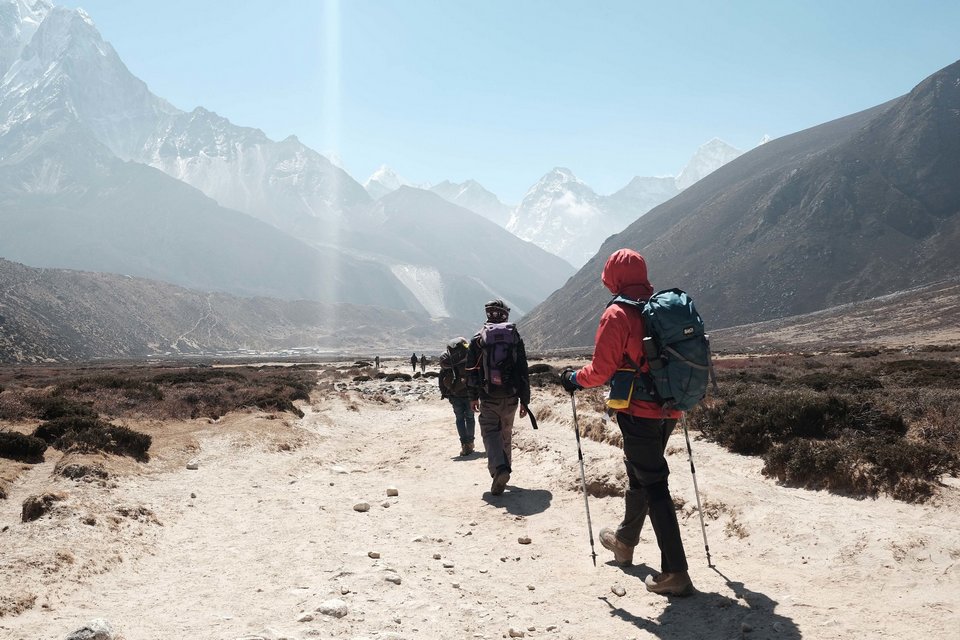
Food
Now, the teahouses in the trek area have added a variety of food. There are no longer the days of eating curry every meal like before. However, you should also bring some canned and dried foods such as canned fish or dried meat, the quality of your meal will improve a lot. Consume nutritious food to enhance your health and you will feel less tired during the trip.

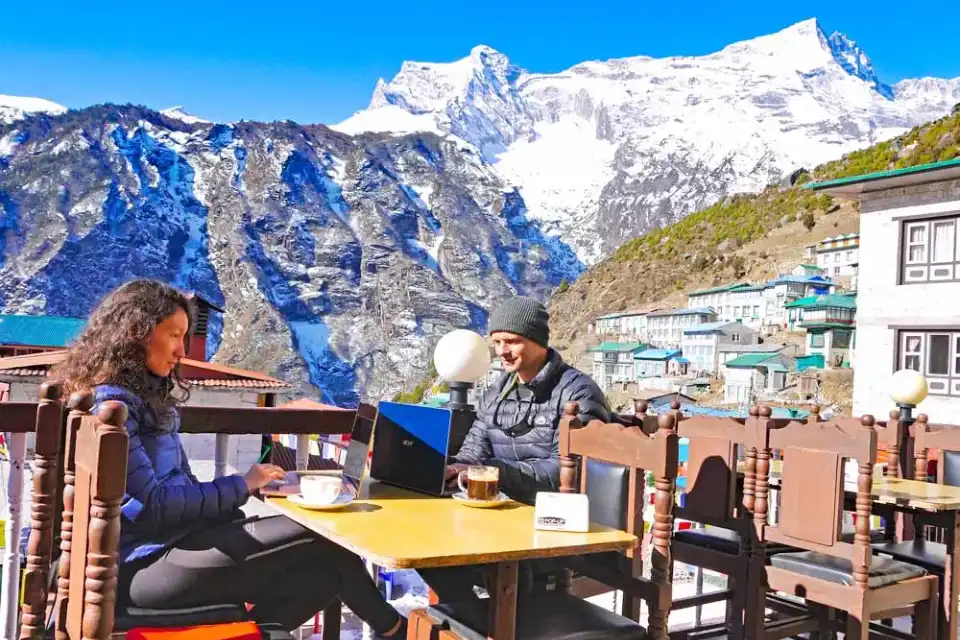
What clothes do you need to go trekking in Nepal? (#nepal trekking guide tips)
There are three important things when going trekking in Nepal that you need to be aware of when shopping: shoes, warm clothes, and a backpack. Regarding shoes, according to my experience, you should buy high-neck shoes with good grip and specialized socks for trekking. You should get about 3-5 pairs of socks to change if they get wet. Every teahouse has a fireplace so you can dry your socks right there if they get wet.
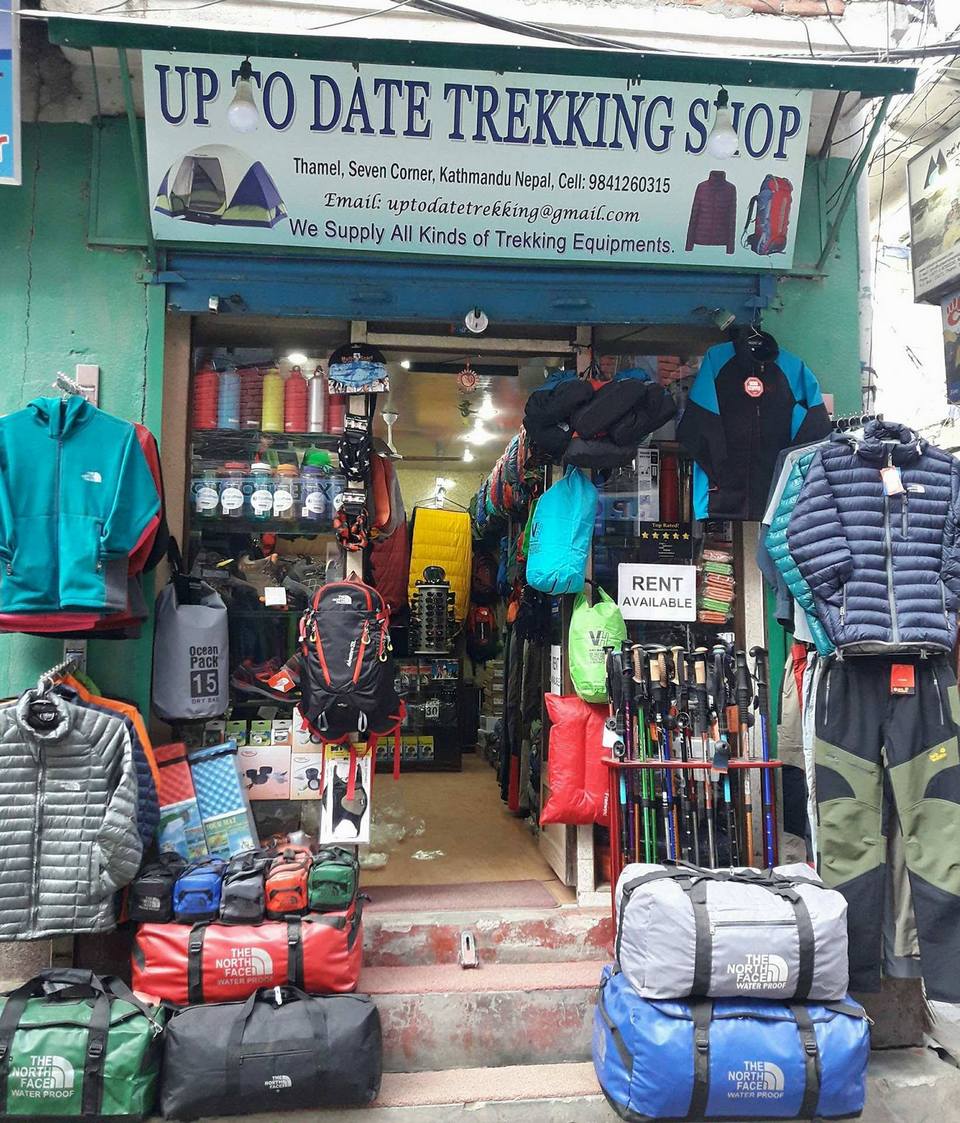
To buy trekking gear, I find Decathlon is the most affordable and versatile store to check out. You can access Decalthlon’s online store to shop for trekking gear.
In addition to shoes, you should also carefully prepare warm clothes. When you first begin the trek, the weather is still quite cool, but the higher you go, the colder it gets. Especially at night, the temperature drops rapidly. If you don’t prepare well, it will be difficult to sleep at night. There will usually be four main layers: thermal clothing, t-shirts, warm coats (any wool types), and waterproof jackets. You should also buy thermal pants to wear inside, then put on an additional layer of trekking pants outside.
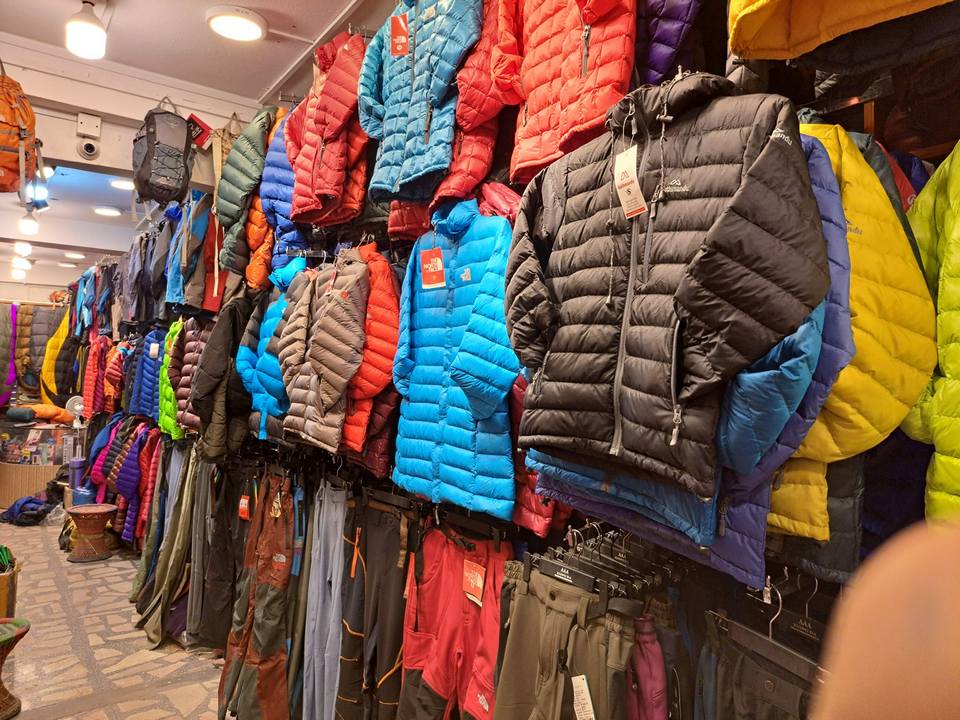
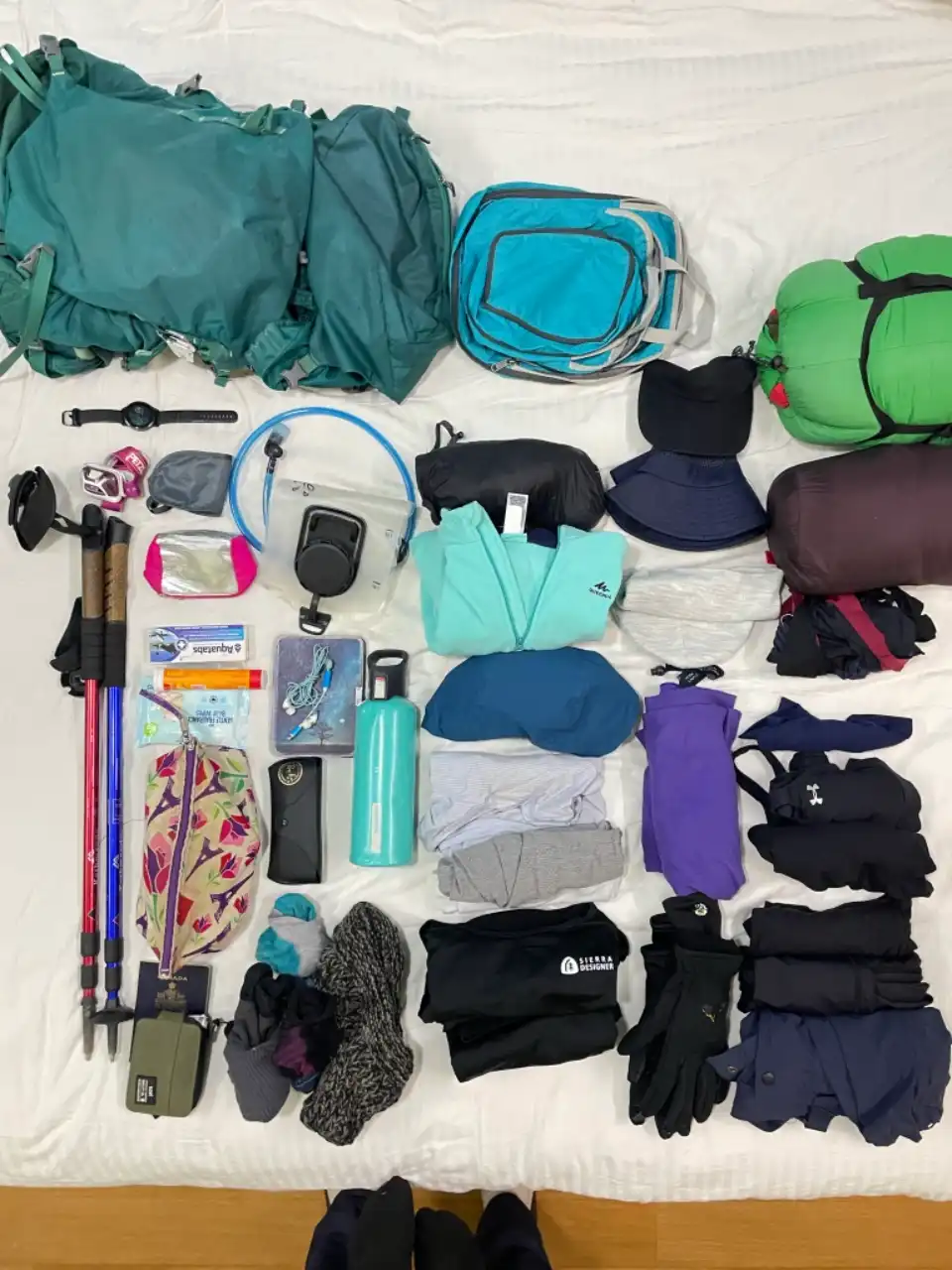
You can get these items at home, or go to Nepal and buy them there. According to what I found about shops in Nepal, most of the products are counterfeit. Regardless of the price range, you can pay as little as one-third of the authentic product.
Find a tour guide, porter, and apply for a permit
Currently, Nepal will not allow independent trekking but you must be accompanied by a licensed tour guide. So when applying for a trekking permit, you need to have a tour guide, otherwise it will not be granted. You can go on group tours arranged by travel companies or find independent tour guides.
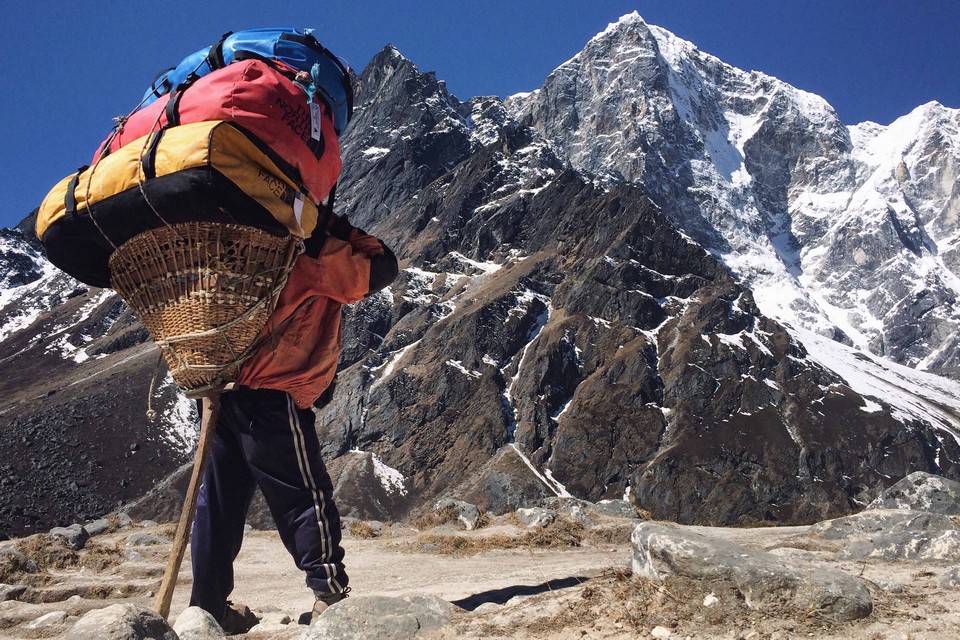
In addition, if you bring a lot of things or want to travel more leisurely, you can also find a porter. If the porter has a tour guide license, you only need to hire one person. I often ask Dil Gurung for advice on how to plan my budget. You can also inbox him to ask for more details.
Photography equipment
Anyone who goes to Nepal wants to take beautiful photos. Obviously, after going all the way up the mountain, it’s a waste if you don’t have anything to record your memories. So, when choosing a camera, you should find a compact, lightweight, or versatile one to avoid carrying too much weight. Even if you hire a porter, you still have to carry and use those devices yourself, right?
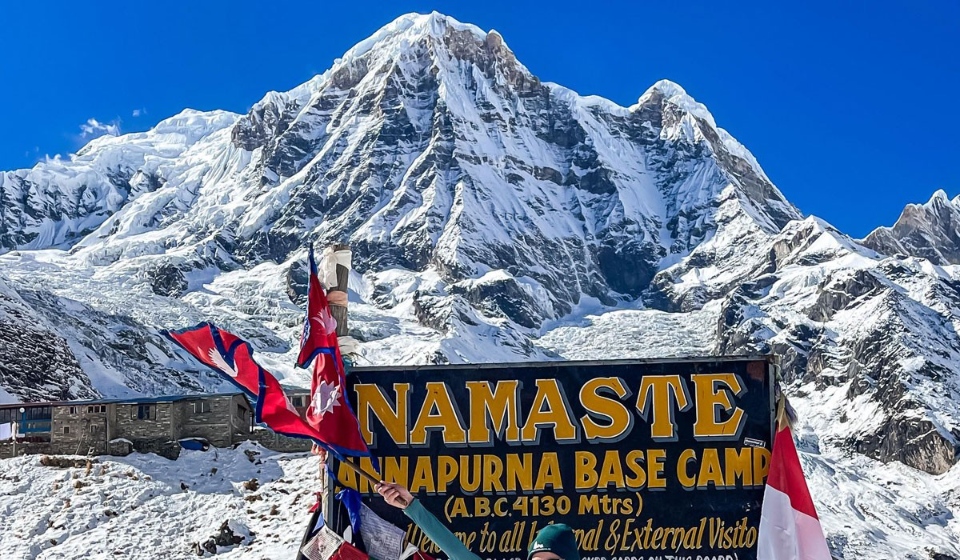
A good mindset
There is a very interesting saying, “Trekking in Nepal does not use strength but will,” because at one point you will be exhausted. If you don’t have the will, it’s really easy to give up, so you need to be prepared mentally as well. Go slowly, don’t be in a hurry, and know that the slope is still really long, after this slope will come another one. But believe me, you will see a wonderful view when you arrive at the last point, and it will be a worthy reward for your efforts.
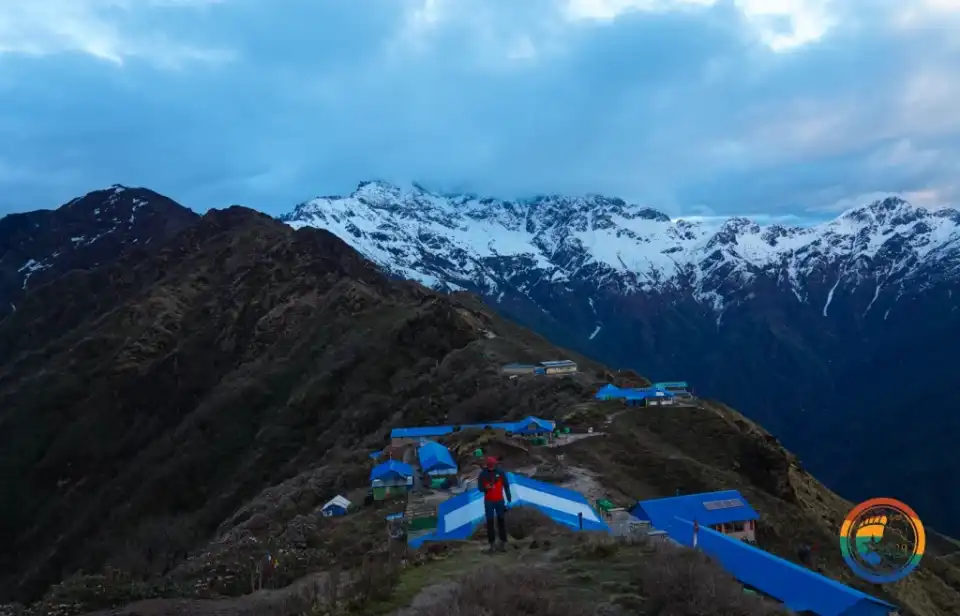
Conclusion (#nepal trekking tips)
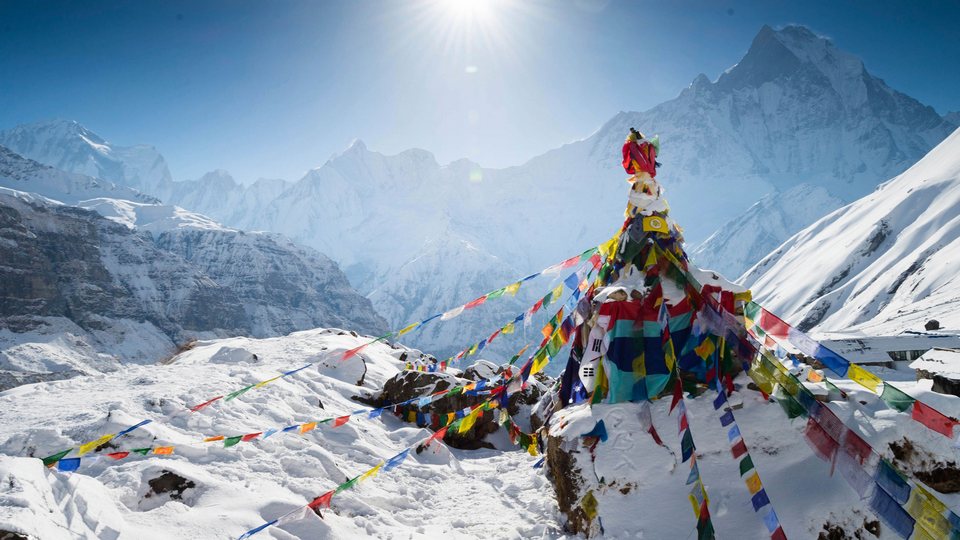
Trekking Nepal is something very special, walking slowly and feeling each breath beneath the legendary Himalayas will give you a completely different experience from other places. Hopefully, this article on things to note when trekking in Nepal will help you prepare everything carefully and have a trek full of new explorations.
Some best day tours, trips, activities and transfer services, tickets in, from and to Kathmandu you can refer to
- Kathmandu Heritage Tour
- Plane Ticket (One Way) for Kathmandu to Pokhara
- Plane Ticket (One Way) for Pokhara to Kathmandu
- Kathmandu Bazaar Walking Tour
- Kathmandu Morning Rickshaw Tour
- Kathmandu Evening Rickshaw Tour
- Patan and Bhaktapur Tour
- 12D11N Annapurna Circuit Trek
- 10D9N Mardi Himal Trek from Kathmandu
- 7D6N Langtang Valley Trek from Kathmandu
- 12D11N Everest Base Camp Trek
- 15D14N Everest Base Camp Trek
- Everest Mountain Flight
- Nagarkot Day Hike
- 5D4N Nepal Private Tour
- Nagarkot Sunrise Tour
- Kathmandu Full Day Exploration
- 11D10N Everest Base Camp Trek with Helicopter Flight to Lukla
- 3D2N Chitwan National Park Tour from Kathmandu

Read more Nepal guide here.

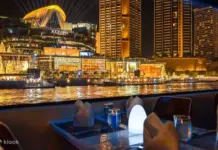
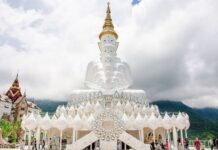
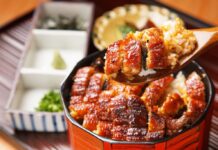
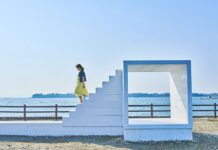
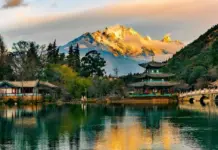
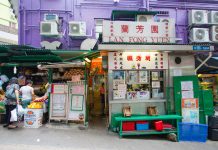
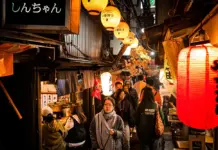
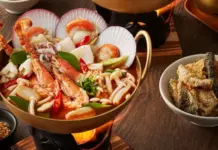

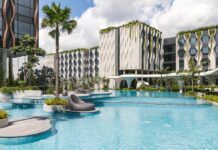
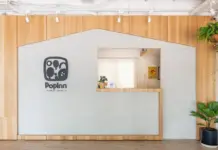
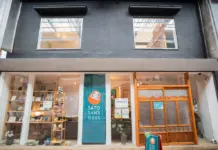


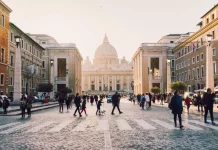
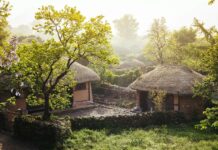
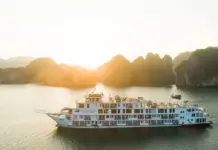
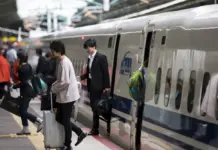
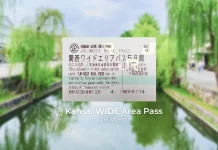


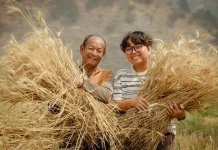
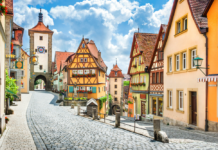


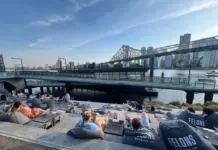
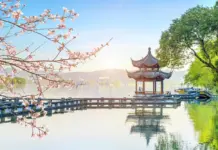

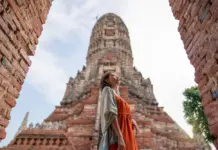
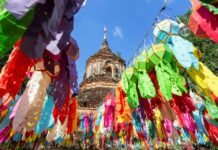

![10 best airports in Asia in 2016 [RANKED] kuala-lumpur-international-airport-best airports in asia in 2016 by skytrax ratings](https://livingnomads.com/wp-content/uploads/2016/08/29/kuala-lumpur-international-airport-best-airports-in-asia-in-2016-by-skytrax-ratings-218x150.jpg)
